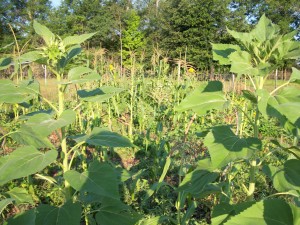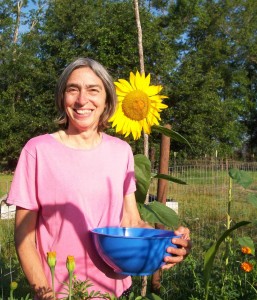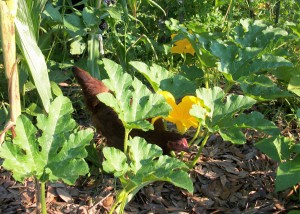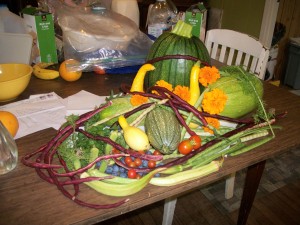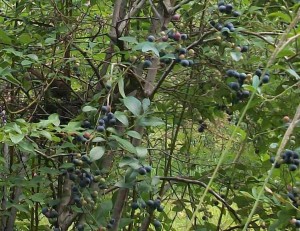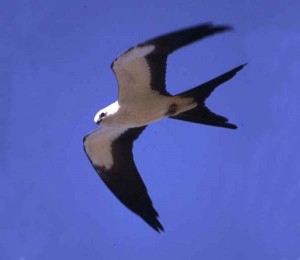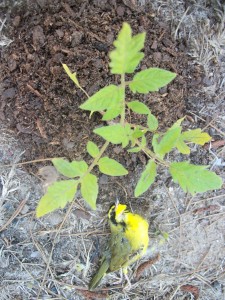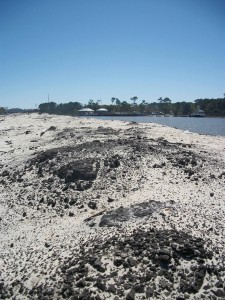Messengers can change the world. So today I have messages from a person who lives in the “third world” and from another who lived in another time. Both messages deeply relate to the largely ignored messages of those most affected by the gulf oil catastrophe. To keenly hear all these messages, we must first remove any barrier from within our hearts that somehow diminishes the worth or impact of a story because it originates from outside “our world.”
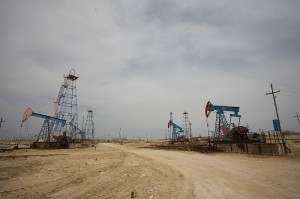
An oil field in Azerbaijan (photographed April 17, 2008 by Indigoprime of Flikr and Wikimedia Commons).
I’m not at liberty to share the text of the first message, but I can share its basic content. The messenger speaks of living in a house close to the place where a city regularly burns its raw garbage. The smoke smells horrible. The people of the area are deeply disturbed about the healthiness of their homes and their environment. For example, out of deep respect for one another and guided by cultural traditions, the people remove their shoes whenever they enter a house. Yet their larger home, their environment, is being ruined not only by city’s burning but also by nearby natural gas and oil drilling. The wells pollute the area’s air, land, and water through huge chemical use, exhausts, and pipeline leaks. The people have learned not to drink the area’s water. Still many people are sick and children are far too often born with serious health problems including mutations. People want change. Yet, useful, reliable information on their environment is scarce, and their government is heavily influenced by big money interests and is corrupt. People feel powerless and have little hope. Their very survival is in question.
Martin Niemöller, a messenger imprisoned in Germany during War World II, once reflected “First they came for the communists, and I didn’t speak out because I wasn’t a communist. Then they came for the trade unionists, and I didn’t speak out because I wasn’t a trade unionist. Then they came for the Jews, and I didn’t speak out because I wasn’t a Jew. Then they came for me, and there was no one left to speak out for me.”
Likewise the whole human family’s survival is in question. To survive we must remove all barriers to our deep appreciation for each other and live generously and radically for each other. This understanding and forgiveness extends not simply to those who live near to us or those who think like us, but to all persons and all creation. A troubling but life-giving realization is springing up: do not blame anyone, not the politicians, not the corporations, not even the Hitlers. Rather let’s focus on increasing our responsibility for others and our hope in others, so that we can all work and thrive together sharing the same, wholly renewed world.

